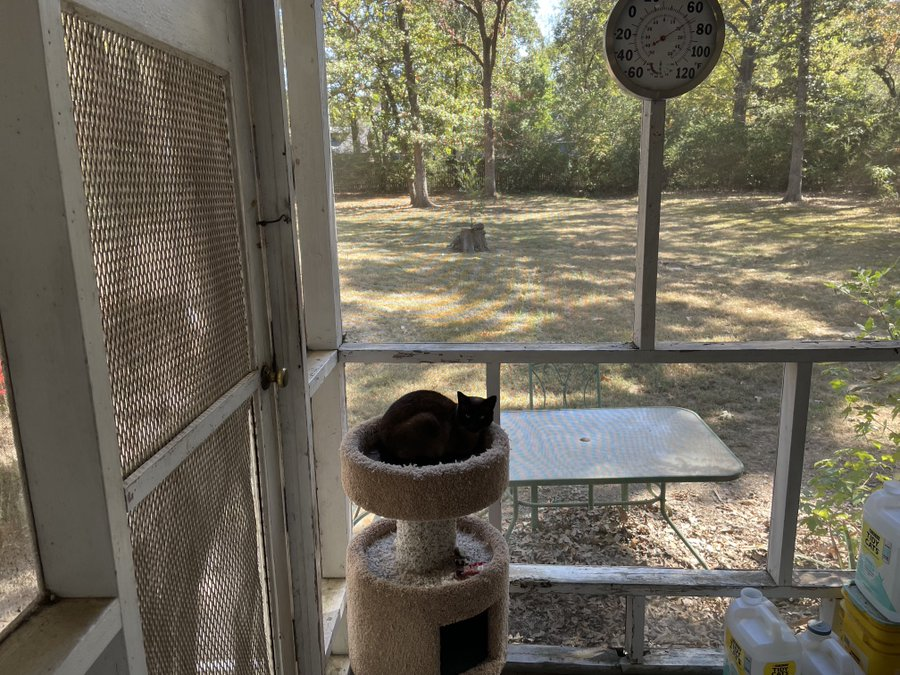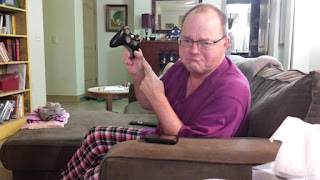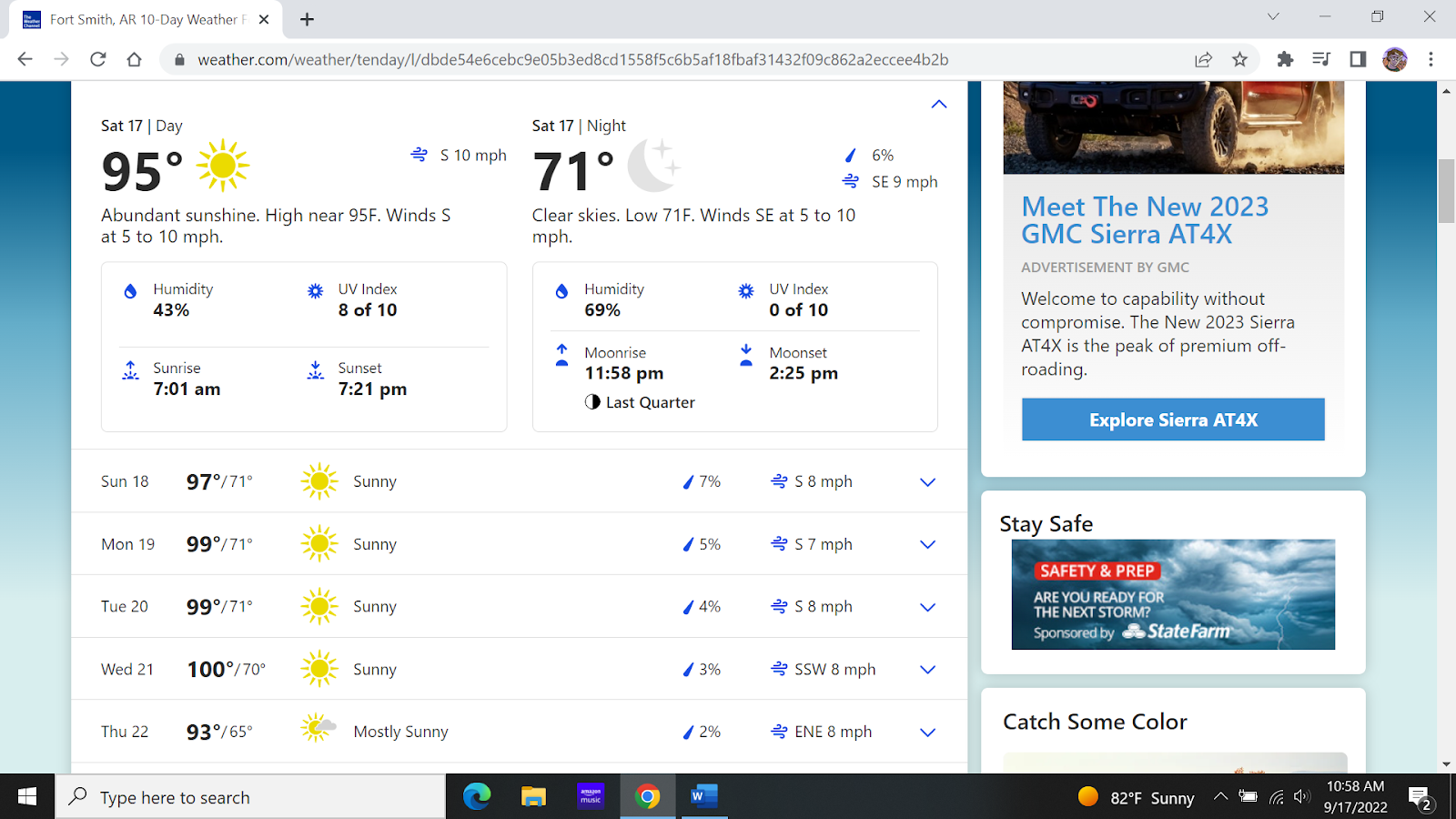Scott was born fourteen months before I was, both of us in Renton, Washington, where my father worked for Boeing and my mother stayed home in our little pink trailer with (soon) three children under the age of four.
My earliest memories are of Scott, who must have been three years old then, making breakfast for me. He would take slices of white bread from the wrapper and make smiley faces with ketchup, and then we would eat them while we watched cartoons on the little B&W television that was all our family owned. (My mother, already pregnant with my brother Michael, went back to bed after she got my father off to work.)
Later he and I roamed the little trailer park -- people let small children out on their own back then -- and I would be remiss if I didn't tell the famous story of how he pushed me into a red ant pile when I was four. On purpose, I always swore, and my mother would swear he had done it on accident. I remember we were balancing along a brick flower garden border. Red ants means it must have been in New Orleans -- we moved there when I was three and Scott was four.
Later we moved into an actual house in an actual subdivision. You could buy houses on one salary back then. Soon after we moved down, five year old Scott took a machete from the garage and chopped down all the bushes in the hedge out front. He was gardening, as he ingenuously explained to my mother. I think he just liked wielding the machete, myself.
When he started school, later that year, the local schools were still overwhelmed by all the children moving into the subdivisions that were springing up in the area, to handle the people transferred in by Boeing, which was handling contracts from NASA at that point. Scott had to go half days, and the next year so would I. We went afternoons. It was a big shock to me, about halfway through the year, when the new elementary school opened, and we had to attend school from 9:00 to 3:00.
Around that time, my father sold our old car (a Dodge Rambler, I think? He would know, but I don't remember). Scott loved that car, and for years would, every now and then, complain about my father selling it.
My mother ran a cub scout pack for Scott and my younger brother Michael; later he would be a boy scout. He joined the local baseball and football teams that sprang up. His dream then was to be a famous quarterback, but when he was eight, he was diagnosed with diabetes, just a few months after my grandfather, my mother's father, died of it.
After that, his life veered into a new path. In junior high, the football coach refused to let him play on the team, saying his diabetes made him too much of a risk. Honestly, my parents should have fought that. But they did not. After that, Scott focused more on board games -- chess, for instance, was a favorite. I remember him coaxing me to play him, even though I was absolutely terrible at chess.
And as he grew up, he played with city teams and coached his sons on their teams. Sports remained one of his interests throughout his life, as did all games. He was a lifelong Saints fan, for instance. He also loved Star Trek novels, and had shelves and shelves of them.
He married my best friend, Toni, when he was 22 and she was 21, and after finishing college -- him with a degree in math education and her with a degree as a medical technician -- they moved a few blocks from my parents' house and had two sons, one in 1987 and one in 1988. He taught in the New Orleans school district for years, some of it at my old high school, before he retired due to his failing health.
After he left teaching, he worked a series of less stressful jobs before retiring on disability. He and my sister-in-law planned to move to Fayetteville as soon as she retired, which she did this past spring. They moved up right away, since their second son and his wife were having a baby. Scott was looking forward to his first grandchild, so much. When I rode home from the hospital in their car, there was already a car seat installed in the back.
People with Type I diabetes are living longer these days -- my grandfather died at 57 -- but they still die younger than non-diabetics. When he was in his 20s, he would say he wasn't going to live to 50, and then after he turned fifty he would say, every year, that this would be his last Christmas. It got to be a family joke, though it doesn't seem so funny now. He said it a couple months ago, one of the last times I saw him -- "This is going to be my last Christmas."
We all laughed.
His wife and sons are asking people to donate to the Juvenile Diabetes Research Foundation in his memory.












